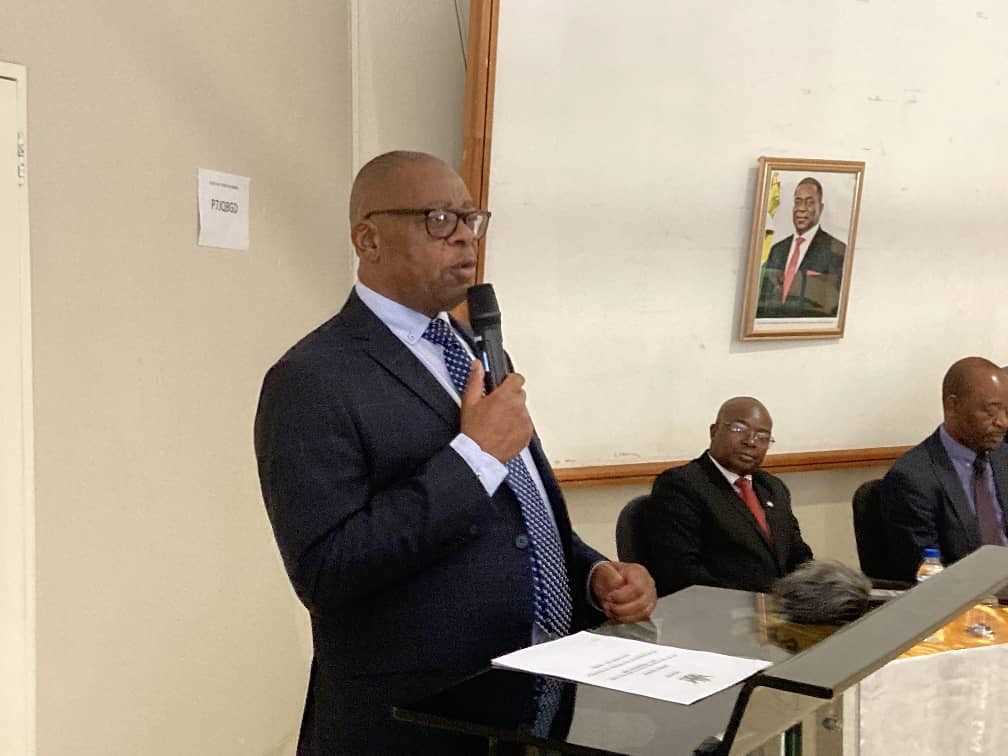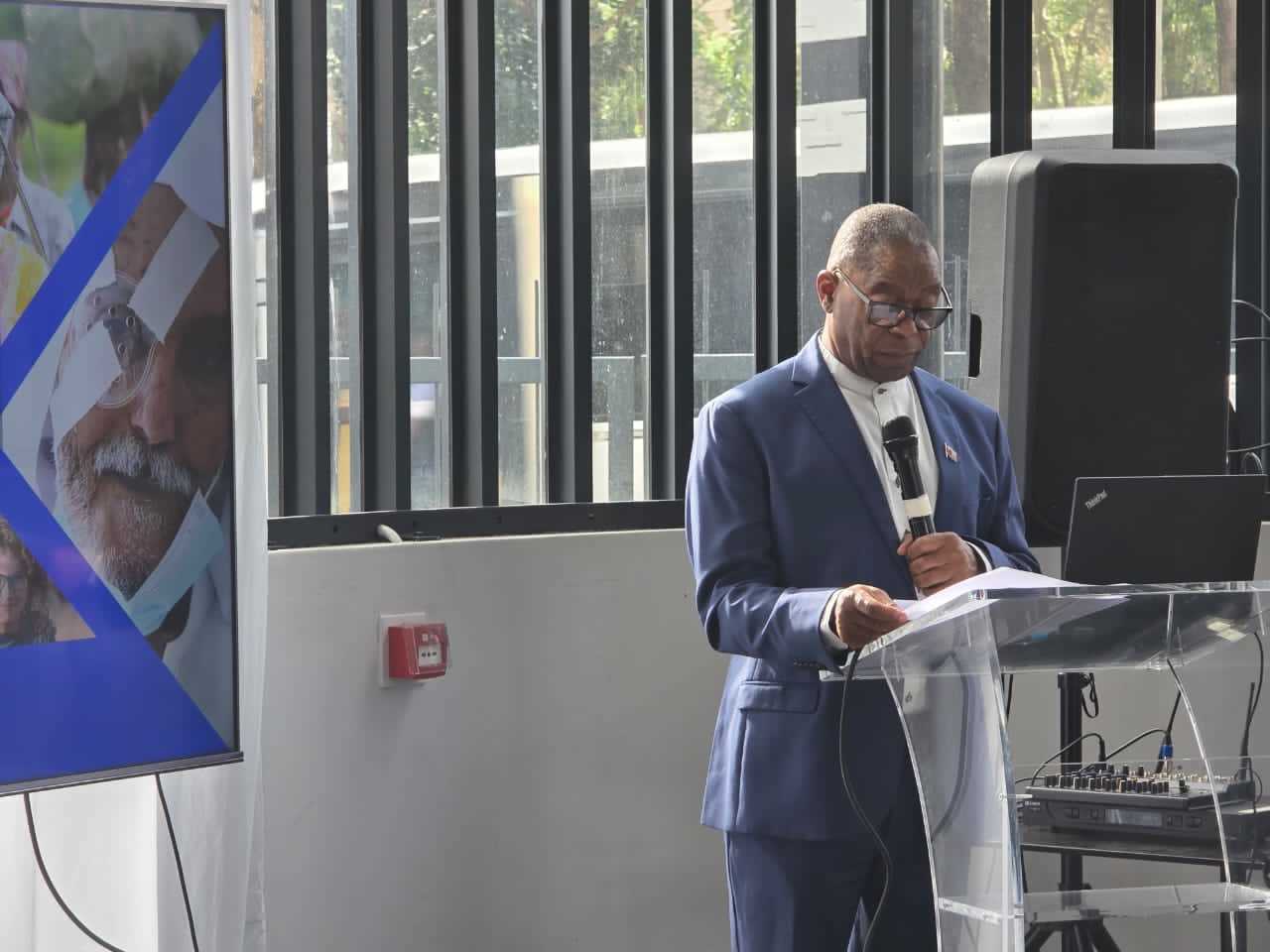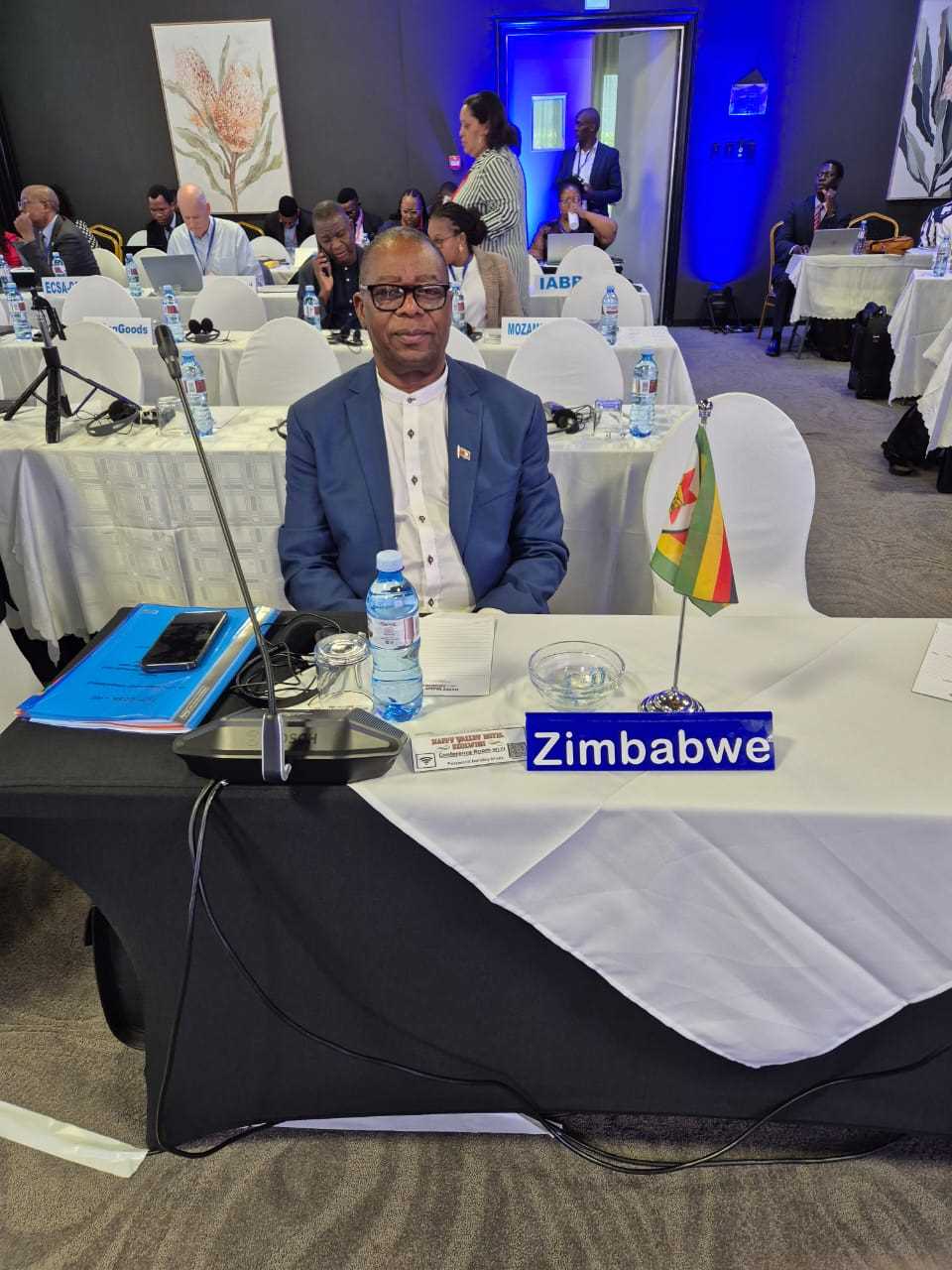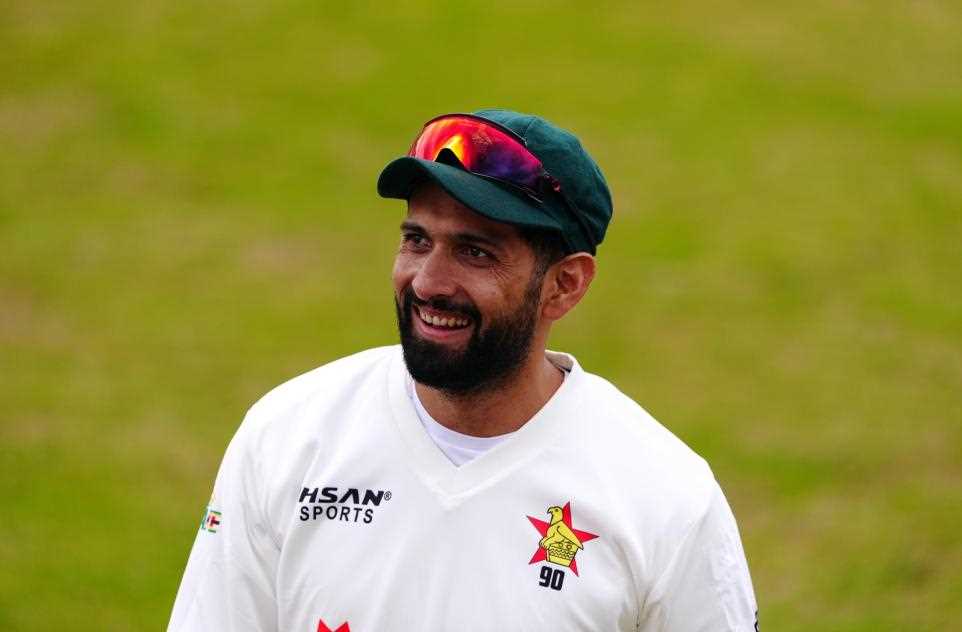
The Minister of Health and Child Care, Dr Douglas Mombeshora has called for the increase of domestic funding for Tuberculosis in the face of declining donor support, which puts essential health interventions at risk.
Officiating the, TB National Conference inHarare, the Minister noted that the country had made some notable progress though the shifting landscape of global health financing is creating uncertainty for critical programs.
“As we celebrate progress we must also be honest about the road ahead of us. TB remains a serious public health challenge, and the shifting landscape of global health financing is creating uncertainty for critical programmes. Let us build on what is working, explore new ways of financing sustainable TB responses, and strengthen the partnerships that brought us this far.
We are also reminded that TB thrives where poverty, malnutrition, overcrowding, and occupational exposure persist, which means the fight against TB cannot be won by the health sector alone. It demands a whole-of-society approach,” he said.
In 2021 Zimbabwe was been off the list of the top 30 high-burden countries for drug-sensitive tuberculosis (TB), a milestone credited to enhanced diagnostic capabilities, shorter and more patient-friendly treatment regimens, and robust national health programs.
“ It felt a bit like finally being removed from a WhatsApp group you never wanted to be in — a relief, a victory, and certainly something worth celebrating. And that achievement was not accidental. It was earned through,” the Minister said.
Although Zimbabwe has made progress towards ending TB an approximate estimate of 15 000 cases were missed in 2024.
Related Stories
Speaking at the same event, Dr Owen Mugurungi, Director, AIDS and TB Programmes highlighted that the governmentthat the intensified case-finding efforts were bearing fruits.
“I am pleased to report that our TB case notifications have continued their positive trajectory, with 20,189 cases notified in 2024, an increase from 19,545 in 2023.
Our diagnostic backbone has never been stronger. We have deployed 188 GeneXpert machines nationwide and are actively exploring innovations to maximize their impact as a catalyst for efficient TB case finding. Furthermore, we are embracing new tools, including the use of stool samples for childhood TB diagnosis and exploring the potential of AI-assisted digital X-rays to revolutionize our screening capabilities,” he said.
He added espite this progress, our battle is far from over.” The TB epidemic in Zimbabwe remains significant. We face a high burden of TB/HIV co-infection, at 50%, and a persistent challenge of Drug-Resistant TB. Most critically, we estimate that approximately 15,000 TB cases were missed last year.
These are mothers, fathers, and children in our communities who are undiagnosed and continuing to transmit the disease. This gap represents our single greatest challenge and our most significant opportunity,” Dr Mugurungi said.
Raymond Yekeye, National AIDS Council Operations Director, said there have been significant strides made towards the support of national TB programs and there was need to make sure HIV and TB programing is sustained.
“As we move forward with the HIV strategy we need to make sure that it is aligned to TB to ensure join financing and planning as these two are closely linked,” he said.




















Leave Comments